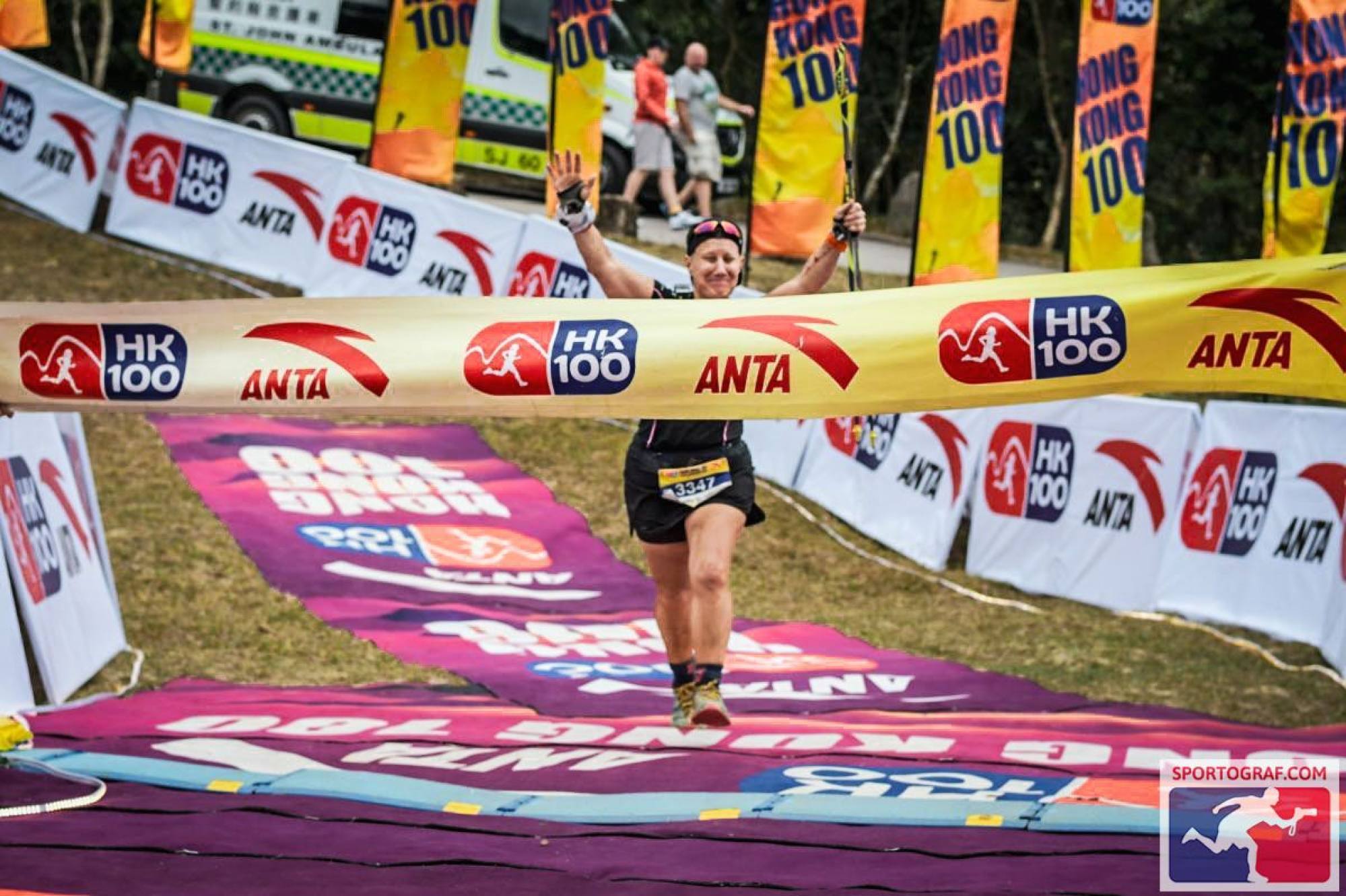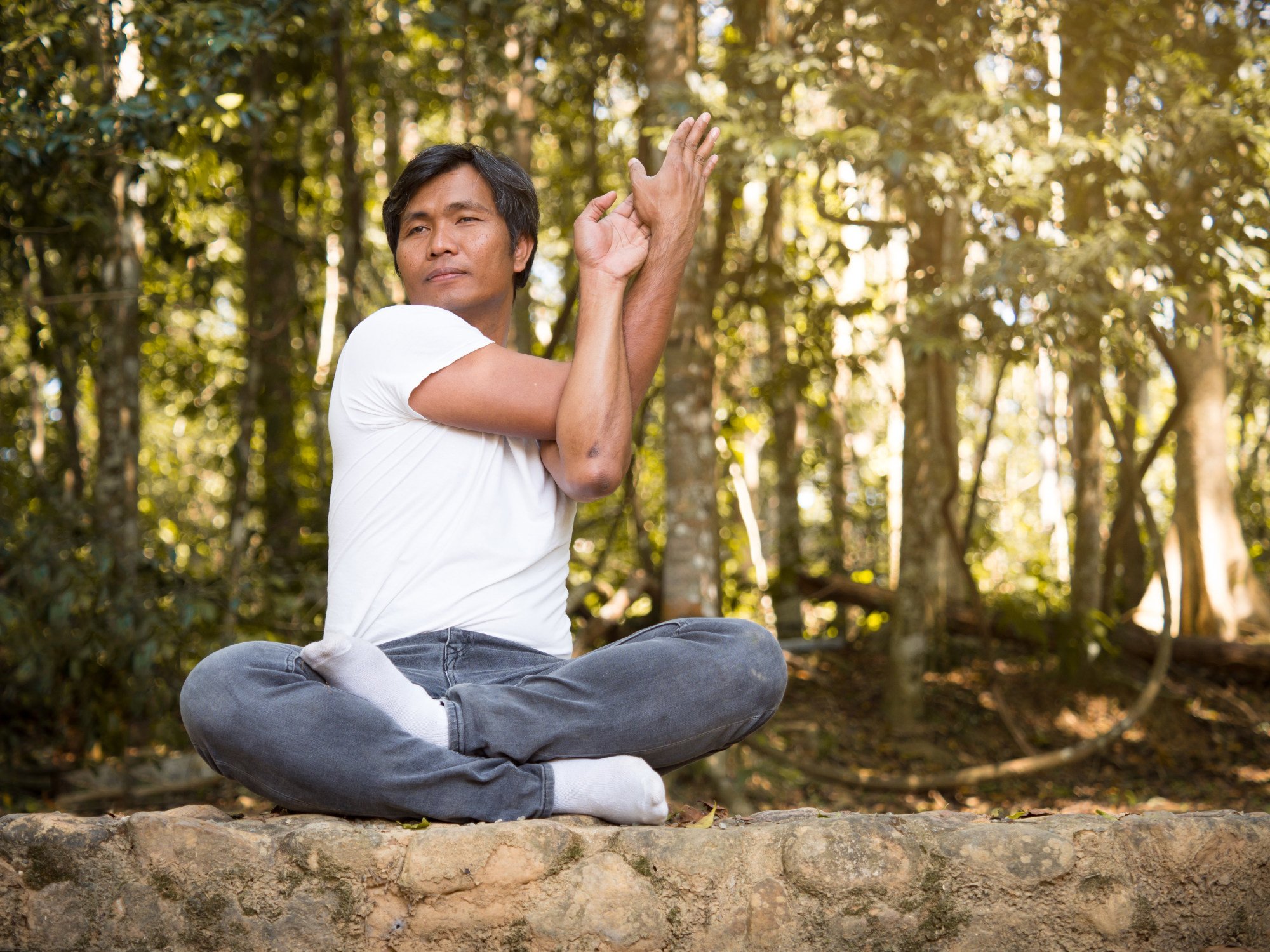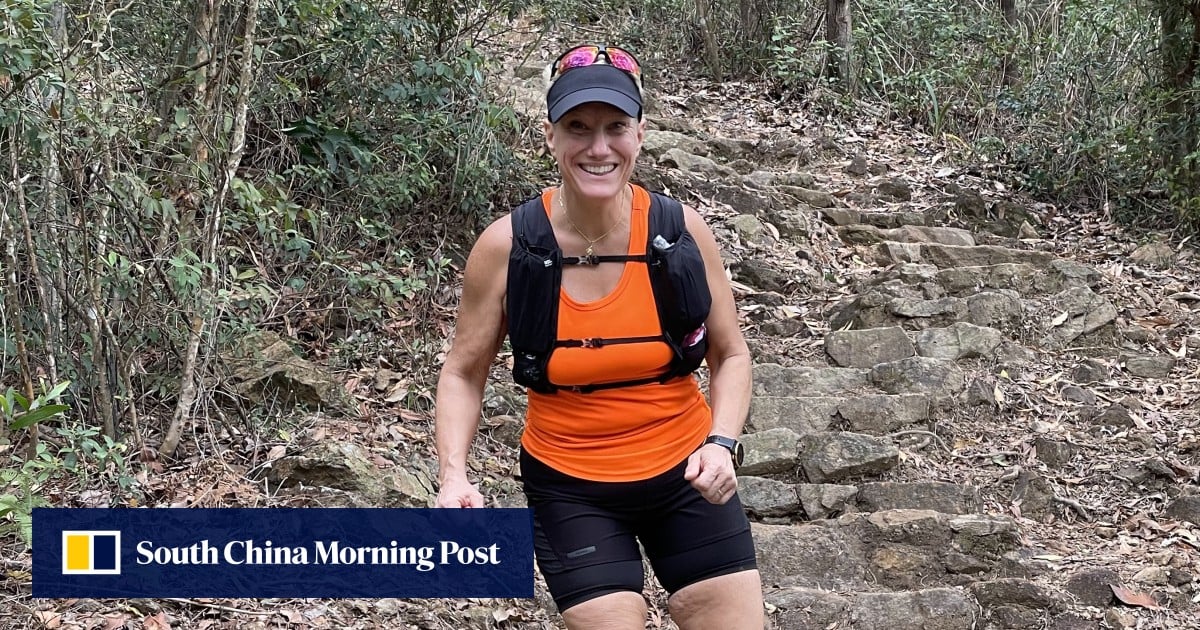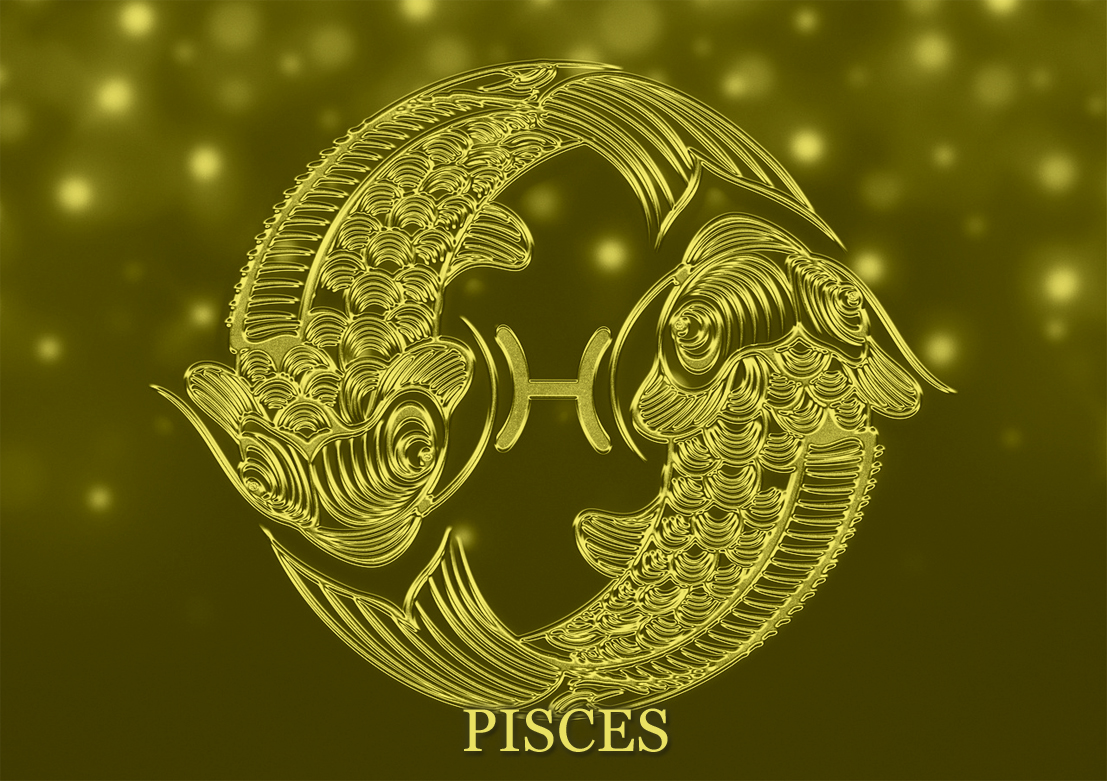“I was not paying attention to my physical and mental health and I just crashed and burned. I found myself with depression and ignored it for the longest time, and then almost came to the end of the road with a suicide attempt,” she says.
She believes that together with therapy and medication, trail running has helped her manage her symptoms and given her a reason to live.
“Every depression is different and you don’t cure it. The ‘black dog’ will always be a part of me. But I know my red flags now, and if I start feeling very sad and anxious I will just go out and run the trails.”
Only 2 women finished this year’s Hong Kong ultra trail race. Meet the first
Only 2 women finished this year’s Hong Kong ultra trail race. Meet the first
She is not alone in her experience. There is a wealth of evidence that shows how exercise helps manage depression.
A new study by University of South Australia researchers shows that physical activity is 1.5 times more effective than counselling or the leading medications.
Published in the British Journal of Sports Medicine in September 2023, the study is the most comprehensive to date, encompassing 97 reviews, 1,039 trials and 128,119 participants. It shows that physical activity is extremely beneficial for improving symptoms of depression, anxiety and distress.

The review shows that exercise interventions that were 12 weeks or shorter were most effective at reducing mental health symptoms, highlighting the speed at which physical activity can make a change.
The World Health Organization estimates that more than 300 million people worldwide have depression. Exercise is often recommended alongside therapy and medicine, but a lack of clear guidelines has made it difficult for clinicians to agree on what type of exercise to prescribe.
Researchers are starting to gather more precise data that indicates that higher intensity exercise such as running, dancing and interval training has a greater impact on alleviating depression and anxiety.
“All types of physical activity and exercise were beneficial, including aerobic exercise such as walking, resistance training, Pilates and yoga,” says University of South Australia lead researcher Dr Ben Singh. “Importantly, the research shows that it doesn’t take much for exercise to make a positive change to your mental health.”

Research published in the British Medical Journal in February found walking, running, yoga and strength training were the most effective exercises to ease depression, either alone or with established treatments such as psychotherapy and drugs.
It, too, found the more rigorous the activity – such as running and interval training – the greater the benefits were likely to be.
The researchers say their findings support the inclusion of exercise as part of clinical-practice guidelines for depression, particularly high-intensity exercise.
Healthcare providers may want to suggest exercise as an alternative or addition to other established interventions, they suggest.
I just finished the Hong Kong 100 … and I had to build a training routine. For me and my depression, that routine gets me out of bed
Depression’s impact goes beyond mental health. People with depression face an increased risk of cardiovascular disease and more women experience this following a depression diagnosis than men, according to a new study published in the journal JACC: Asia.
Grisoni, who is originally from the French island of Corsica in the Mediterranean, slowly started to believe her weight gain was intertwined with her depression. Only when she tackled her mental health was she able to kick-start her overall recovery. She shed 70kg (154lb) in the process.
Getting out for a run is a way to tick something off her mental to-do list and feel she has achieved something that day.
“Sometimes when things are hard it takes me two hours to get ready. The first 100 metres are so hard. But when I have done my run, I feel I have done something, and it boosts my confidence,” she says.
“The adrenaline and dopamine make me feel better. When things have gotten really, really hard with the depression, I know at least I have running.”

Now aged 54, Grisoni is an ultra runner, training six days a week and no longer on antidepressant medication. The discipline of training for long distances is a vital part of her depression management.
“I just finished the Hong Kong 100, a 100km [62-mile] race here in Hong Kong and I had to build a training routine. For me and my depression, that routine gets me out of bed.”
Running has helped Grisoni get physically fit and achieve mental clarity, but it has also had huge social benefits.
“The community is amazing, especially as an older woman. When you are on a trail with someone for five hours, you open up a bit and it kind of strips you down.”
One woman’s incredible journey from depression to ultra running
One woman’s incredible journey from depression to ultra running
It has also developed Grisoni’s resilience. In the Lantau 50 race in 2022 she fell on the trails at the 40km mark, breaking her arm. She carried on to finish the last 10km despite the injury.
“My arm was so swollen I couldn’t turn off my watch, but it’s OK, bones are easier than the mind to fix,” she says.
For her, ultra running is the perfect analogy for life.
“Running checkpoint to checkpoint, it’s like life. Sometimes I see life with depression as, let’s try to make it through one day, and another day, break things down. Ultra running simplifies things. Either you stop or you continue, which is like life.”







